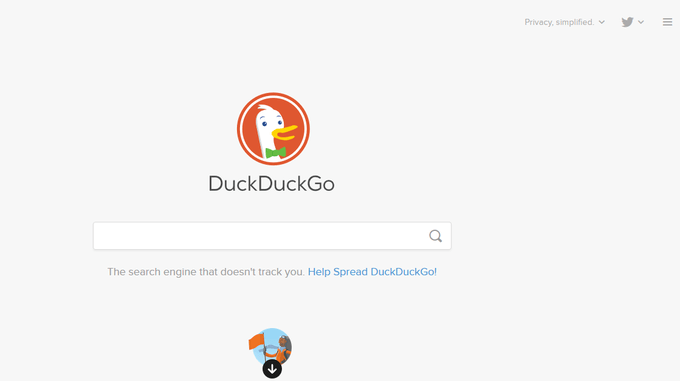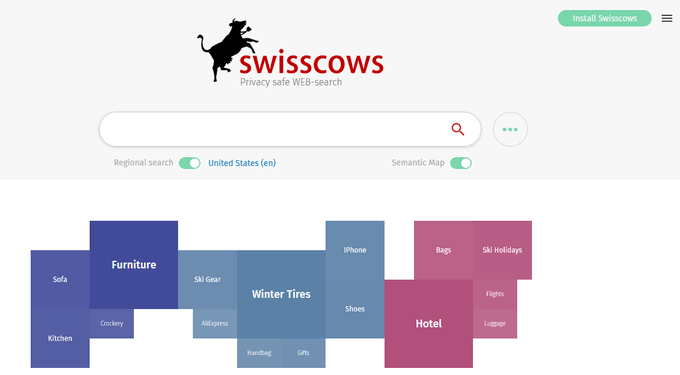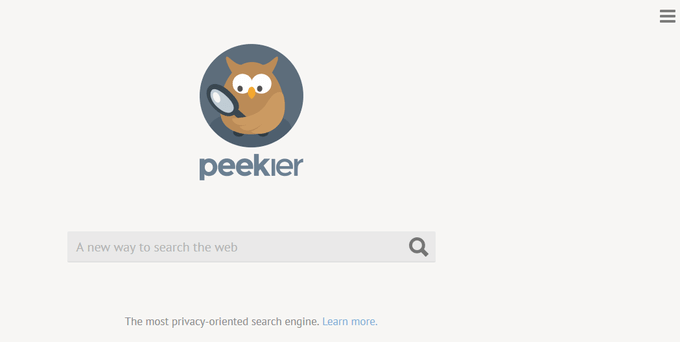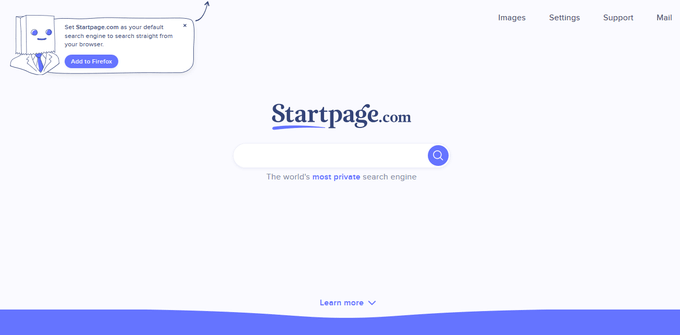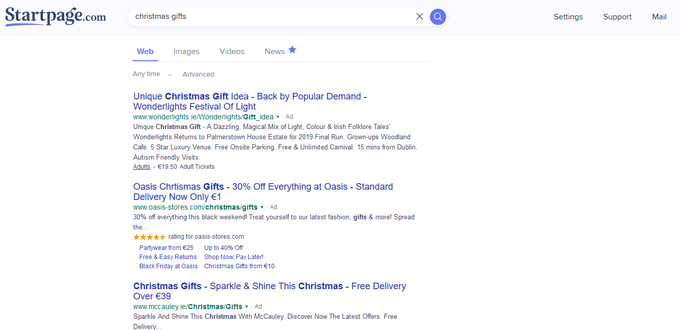Today though, Google is more than just a search engine; it’s become a verb that we use every day, and this has been ingrained in the psyche of internet users. Billions of people visit Google’s pages and rely on its algorithms to deliver fair and balanced search results based on their queries. As much as it’s the web’s most popular search engine, it’s not the best from a privacy standpoint because it harvests user data and private information, which is big business right now. Besides surveillance by governments, online snoopers, tech giants like Microsoft or Facebook, secret services, and other entities that want to know what you do all the time, Google also has a lot of data on you and uses it in more ways than you’d know. Some of the information they record and store about you each time you enter a search query online include your IP address, which reveals your location and the device you’re using, cookies that trace back queries to your device, your search queries plus the dates and times you searched for them, which they use to deliver targeted ads to you. If you value search engine privacy while browsing, there are several great privacy search engines that have you covered and can help reduce your information footprint, making all the difference for your privacy.
Best Privacy-Focused Search Engines
DuckDuckGo
This is a simple and clean privacy search engine that doesn’t track or share your information with others, so you can search the internet without handing over your right to privacy. It doesn’t apply the “filter bubble” process that Google uses to “filter” search results based on users’ past search queries, their locations and any other user data they collect through different means. DuckDuckGo has no filters or anonymous identifies that link your searches, so it won’t even know whether or not all your searches are from the same device, so there’s nothing that traces back to you. It uses “Bangs”, a unique non-privacy feature that lets users search other sites directly by simply typing an exclamation point before a search query. To find search results for your queries, the search engine uses 400 sources, with most hits drawn from Bing, Yahoo and Yandex, without including Google search results. The downside with DuckDuckGo is the limited image search results and they’re neither personalized or dated.
Swisscows (formerly Hulbee)
This Switzerland-based privacy search engine should be a favorite among parents if it isn’t already because of its focus on private but family-friendly searches. It excludes adult themes entirely from all search results, all from Bing, and doesn’t give you any options to override it. You also get the guarantee that it won’t store any personal user data like IP addresses or search queries among other identifiers. The engine assesses your search keywords for context, using machine learning to deliver better results without compromising on the safety of your data, though privacy-conscious users may not be fully convinced about it.
Qwant
When a company like PrivacyTools.io, a leading, anti-state-sponsored data recording campaigner, recommends a tool or software, you know it’s legit. It displays information such as news stories, events, trending people, and a lot more, and benefits from the strict data protection laws of the European Union as its servers are in France. Qwant is quickly rising up the ranks as one of the popular privacy-focused search engines because of its impressive results pages and Qwick search shortcuts.
SearX
This is an open-source, metasearch engine, which means you can also run your own instance of it, and even check its code to ensure they keep their word on protecting your privacy. This way, you have a guarantee that your data isn’t being logged. It also pulls data from several other engines and delivers the best mix of search results drawn from DuckDuckGo, StartPage and others on this list. If you want, you can customize the list of engines it uses by going to the Preferences menu. Unlike other privacy search engines, SearX offers an ad-free and affiliate-free experience, even though the ads on similar privacy-focused engines don’t log or use your data. It feels good to carry out your research without all the ads and interference though. One of its main drawbacks is it gets blocked by Google because it scrapes its results.
Peekier
This search engine has a unique and innovative way of displaying search results by using a card format, unlike the usual Google style of displaying results. For every result, you’ll see a snapshot of the website using your display’s full width, without slowing down the site’s performance. It provides the usual privacy protections though it saves your search queries for a limited duration. Don’t worry, they won’t be traced back to you because Peekier doesn’t store your IP address, search history, browser’s user agent or unique identifiers.
StartPage
If you still want to see Google search results without the search engine seeing anything that would reveal your identity, use StartPage. Thanks to its advanced metasearch technology, StartPage delivers more comprehensive and accurate results than other engines. Plus, you can get it as a Chrome extension, and use its Anonymous View feature to visit search results privately. Unlike DuckDuckGo, this privacy-focused search engine pulls results from Google Search, and doesn’t trace back to you. StartPage pays Google for these results and in turn, Google just sees lots of traffic from StartPage servers – no IP addresses or user identifiers shared. Another advantage with this privacy search engine is that you can use servers in non-US and non-EU locations if this is your priority. Its proxy feature also hides your IP address from individual websites, though using this means pages load slower than usual.
Take Back Your Privacy
Online search sessions are the most personal thing on the internet for many people. The privacy implications of their search histories aren’t a priority in such moments of blissful ignorance, as much as getting relevant and timely answers and solutions, and quickly at that. Such precious data could be used against them in the event of a hack, or in the case of marketing, to send targeted ads. The search engine alternatives listed here take your privacy seriously so you’re sure they mean it when they say they won’t track you or your data.

